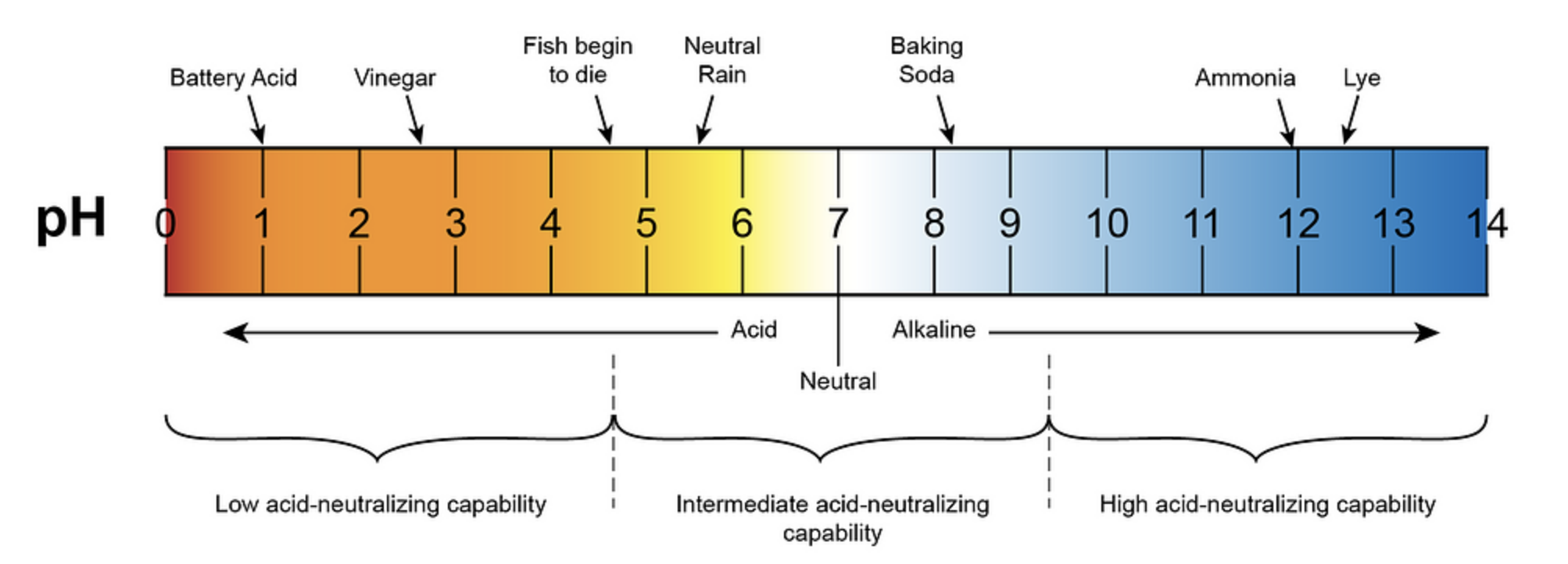The pH of water is a crucial factor in the brewing process, as it can significantly impact the taste, clarity, and overall quality of the final beer. The ideal pH range for brewing beer is between 5.2 and 5.5, which is essential for proper enzymatic action during the mash, affecting sugar conversion, fermentability, and the flavor profile of the wort and beer.
Understanding the Ideal pH Range
Most tap water sources are slightly alkaline, with a pH above 7. However, the grains used in brewing are slightly acidic, which helps drive down the pH of the mixture. In the case of light-colored beers, the acidity of the grains may not be sufficient to lower the pH to the desired level, and additional additives may be required to adjust the pH.
To measure the pH directly in the mash, it is essential to use a pH meter or a pH test kit, as most pH strips are not accurate enough. If the pH is too far off, it can lead to off-flavors, including astringency from excessive tannins, and a poor overall flavor profile.
Adjusting the pH
To adjust the pH, brewers can use various methods, including the addition of lactic acid, which is effective for lowering mash water pH. However, lactic acid should be used in very small amounts, as it has a sour flavor. Other acids or 5.2 stabilizer are often a better choice. Brewers can also use calcium chloride, gypsum, or Epsom salt to lower the pH. Conversely, chalk (CaCO3) and baking soda (NaHCO3) can be used to raise the pH.
Factors Affecting Water pH
Contaminants, chemicals, and substances that can affect the pH of water for brewing beer include calcium, magnesium, bicarbonate, and carbonate ions. These ions can bind with the H+ ions, making the water more alkaline. To deal with these substances, brewers can use water treatment methods such as reverse osmosis, deionization, or distillation. They can also use water softeners or ion exchange resins to remove excess calcium and magnesium ions.
Measuring and Monitoring pH
Measuring and monitoring the pH of the water and mash is essential for ensuring the optimal conditions for brewing. Brewers can use pH meters or test kits to measure the pH directly in the mash. By keeping a close eye on the pH levels, they can make the necessary adjustments to maintain the ideal range of 5.2 to 5.5.
The Importance of pH in Brewing
The pH of water for brewing beer is a crucial factor that affects the taste, clarity, and biological stability of the final product. By understanding the ideal pH range, using the right additives and water treatment methods, and carefully monitoring the pH throughout the brewing process, brewers can ensure that their beer has the best possible flavor and quality.
Conclusion
In conclusion, the pH of water for brewing beer is a critical factor that should not be overlooked. By maintaining the ideal pH range of 5.2 to 5.5, brewers can optimize the enzymatic action during the mash, resulting in a better-tasting, clearer, and more stable beer. By understanding the factors that affect water pH and using the appropriate methods to adjust it, brewers can consistently produce high-quality beer that meets their standards and satisfies their customers.
References:
– Brewing Water Chemistry Part 2 of 2: CaCO3 & pH – Northern Brewer
– Mash pH – Hard Water Treatment for Brewing Beer – BeerSmith
– Water Alkalinity and Mash pH for Brewing Beer – BeerSmith
– My Brewing Water — PH Reading — Good or No? | Homebrew Talk
– Water and Mash pH | Craft Beer & Brewing
– The Principles of pH – Brew Your Own

